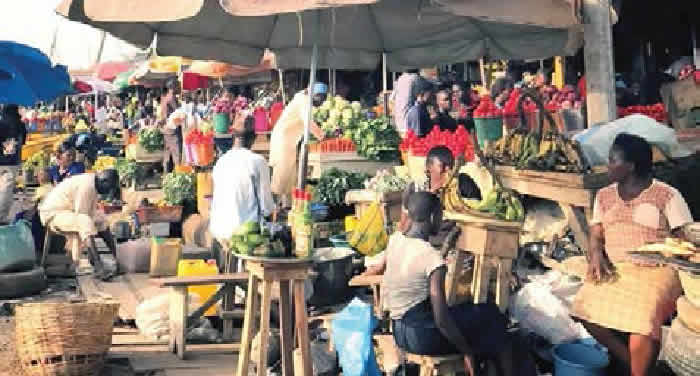The Nigerian federal government has declared the finalization of plans to regulate food prices in the country as part of a comprehensive strategy to address the rising cost of food.
Senator Abubakar Kyari, the Minister of Agriculture and Food Security, revealed these measures during an announcement in Abuja, shedding light on various projects and initiatives designed to enhance food production and availability.
According to Senator Kyari, farmers have been enlisted for summer farming through the National Agricultural Growth Scheme and AgroPocket (NAGS-AP).
He highlighted a significant development in Jigawa State, where 120,000 hectares of wheat have been cultivated under the African Development Bank’s 50% free agriculture scheme.
To further bolster agricultural output, Kyari outlined plans to farm over 150,000 hectares under the rice, maize, and other crops program. Approximately 300,000 farmers are expected to benefit from this initiative, with financial support coming from international non-profit organizations aimed at mitigating rising food prices.
In an effort to manage cross-border trade, the minister announced that foreign food exporters would be officially listed on national borders to curb illegal immigration. Kyari emphasized the importance of exporting food for the country’s benefit, provided the government reaps appropriate returns.
Addressing the immediate challenges of rising food prices, the Ministry of Agriculture and Food Security has initiated the distribution of 42,000 tonnes of grains.
This distribution is intended to reach low-income individuals, contributing to the government’s broader agenda of alleviating food shortages and reducing the burden of escalating prices as these strategic interventions are part of the government’s commitment to fostering a sustainable agricultural sector, ensuring food security, and alleviating economic challenges for the Nigerian population.







